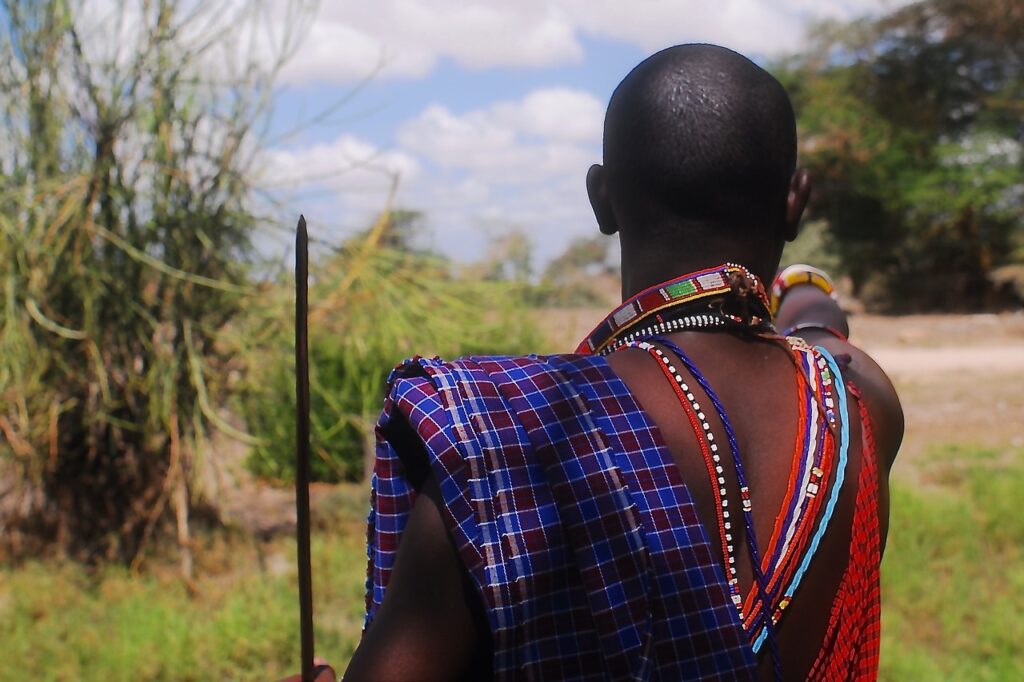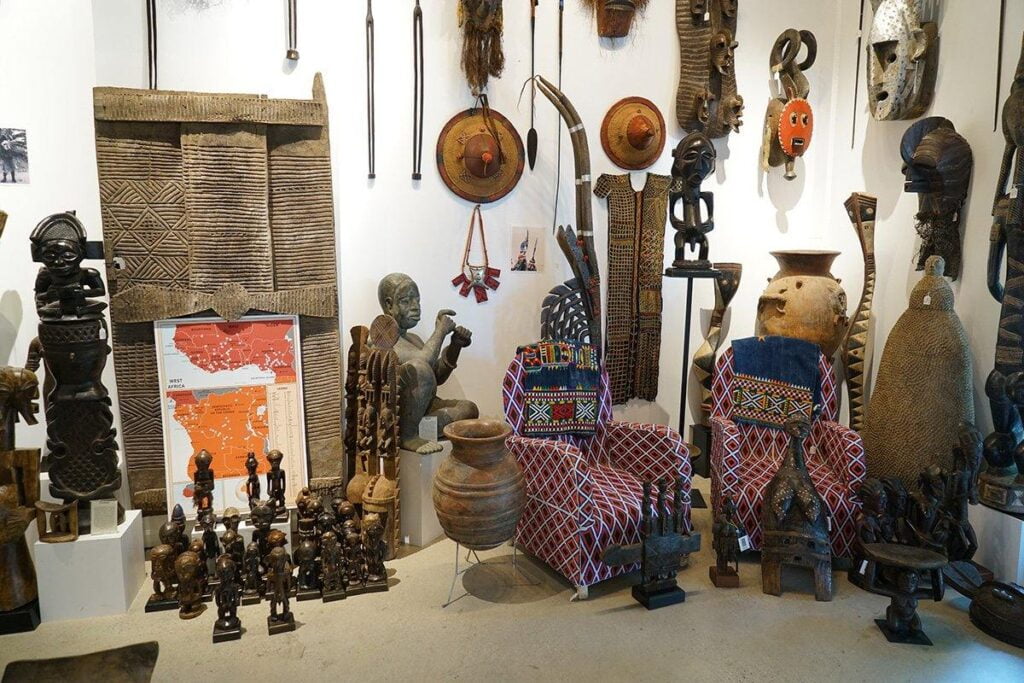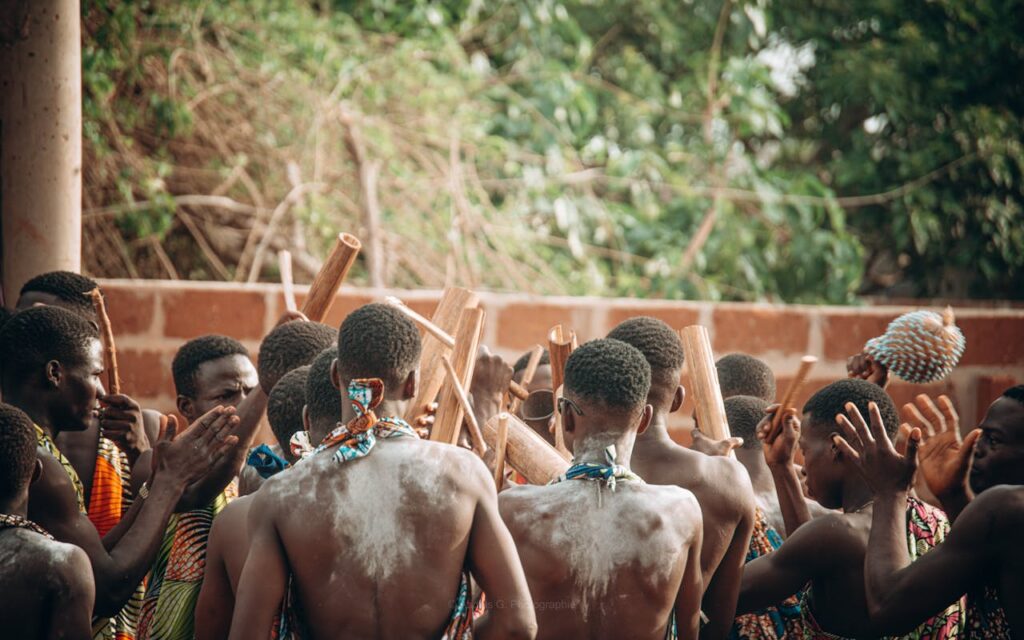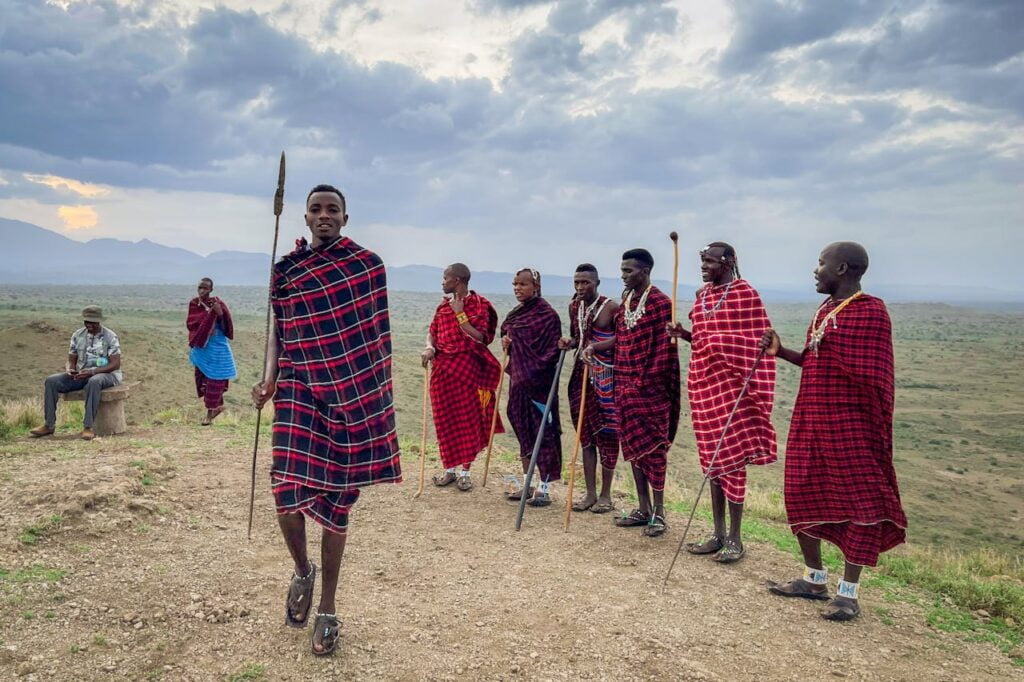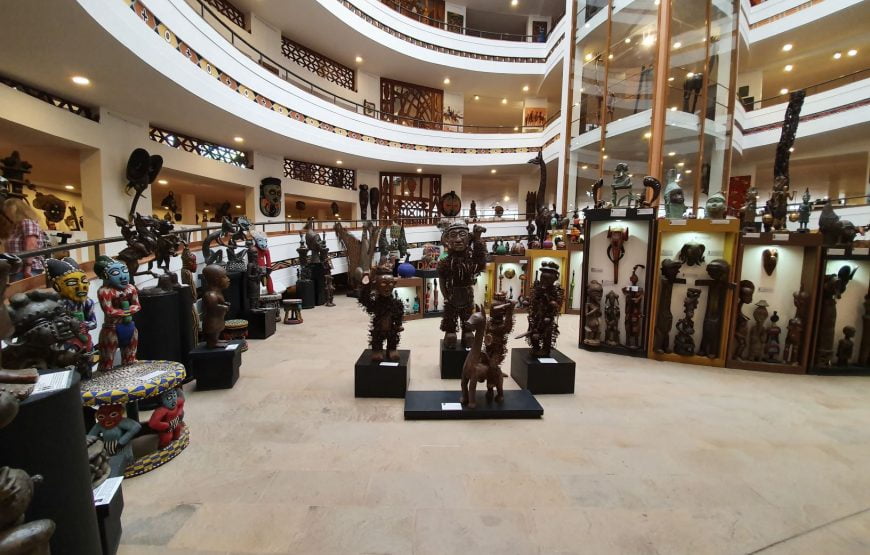Cultural Riches of Tanzania’s Island Markets: A Traveler’s Guide
Tanzania’s islands are not only renowned for their pristine beaches and vibrant marine life but also for their thriving local markets. These bustling hubs offer a fascinating glimpse into the heart of island life, where you can discover unique handicrafts, savor local delicacies, and immerse yourself in the rich cultural tapestry. Zanzibar’s Stone Town Market: A Sensory Overload Zanzibar’s Stone Town market is a sensory extravaganza. A maze of narrow alleyways is lined with stalls overflowing with colorful spices, fresh produce, and handcrafted goods. Here, you can haggle for everything from intricate silver jewelry to traditional Swahili clothing. Don’t miss the opportunity to sample local delicacies like the spicy fish curry or the sweet treats made from coconut and mango. Mafia Island’s Laid-Back Charm Mafia Island’s markets offer a more relaxed atmosphere compared to Zanzibar. While not as large or bustling, they provide a genuine insight into island life. You’ll find fresh seafood, locally grown fruits and vegetables, and handcrafted items made by the island’s artisans. Take your time to explore the market and interact with the friendly locals. Pemba Island’s Hidden Treasures Pemba Island’s markets are a treasure trove of local crafts and natural products. You’ll find a wide range of items, including intricately carved wooden bowls, fragrant essential oils, and medicinal herbs. Don’t forget to try the island’s famous cloves, which are used in many local dishes and are believed to have numerous health benefits. Tips for Market Exploration Bargaining is Expected: Practice your bargaining skills to get the best deals. Respect Local Customs: Dress modestly and be mindful of local customs. Support Local Artisans: Purchase handicrafts to support the local economy. Try Local Delicacies: Don’t be afraid to sample the local cuisine. Capture the Atmosphere: Take photos to remember your market experience. Exploring Tanzania’s island markets is a journey for the senses. Immerse yourself in the vibrant atmosphere, interact with friendly locals, and discover unique treasures to take home as souvenirs. Book With Us Kilimanjaro 3 tours Safari 4 tours Zanzibar 3 tours
Cultural Riches of Tanzania’s Island Markets: A Traveler’s Guide Read More »



